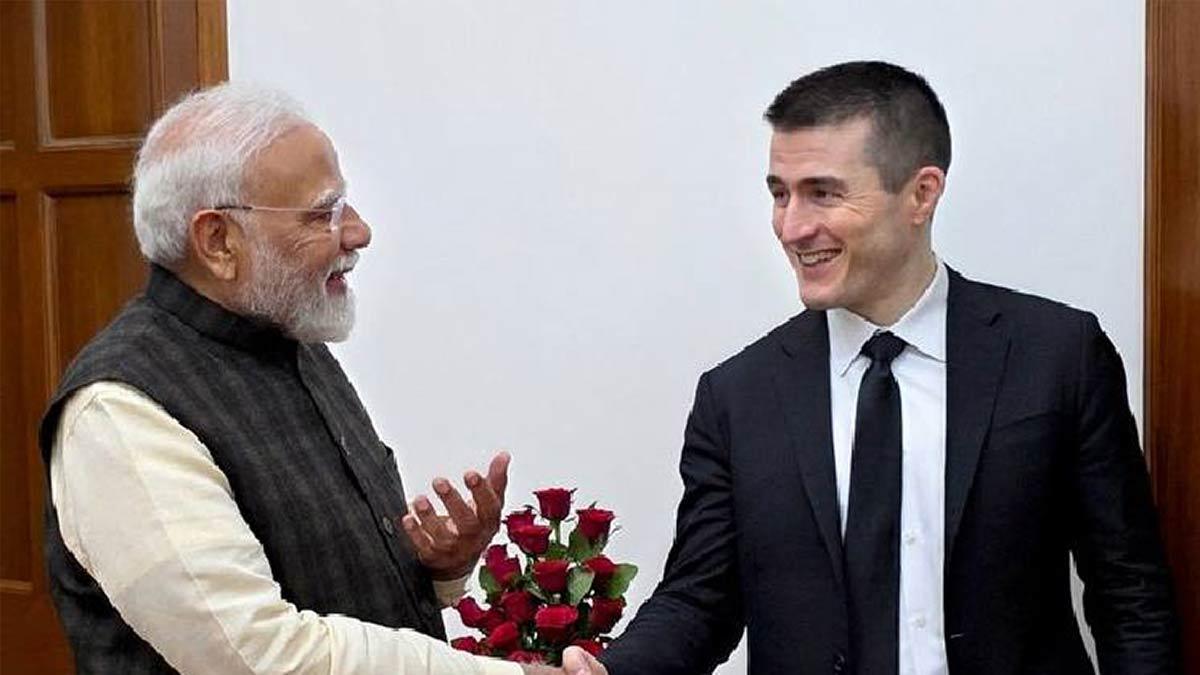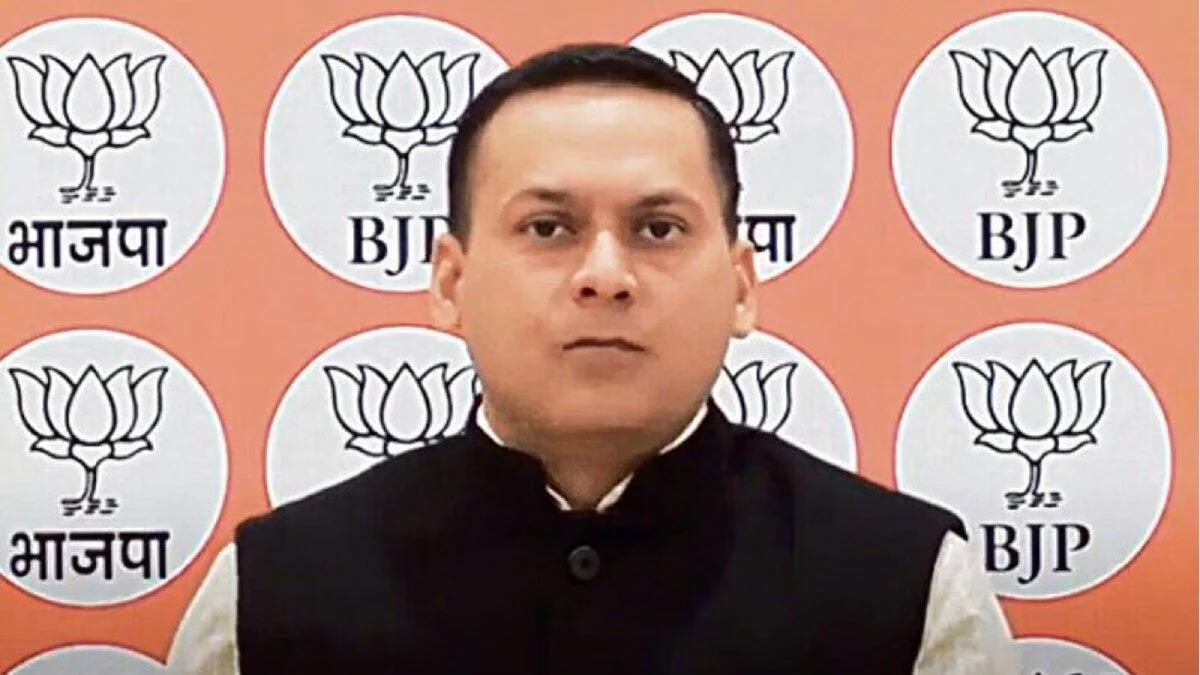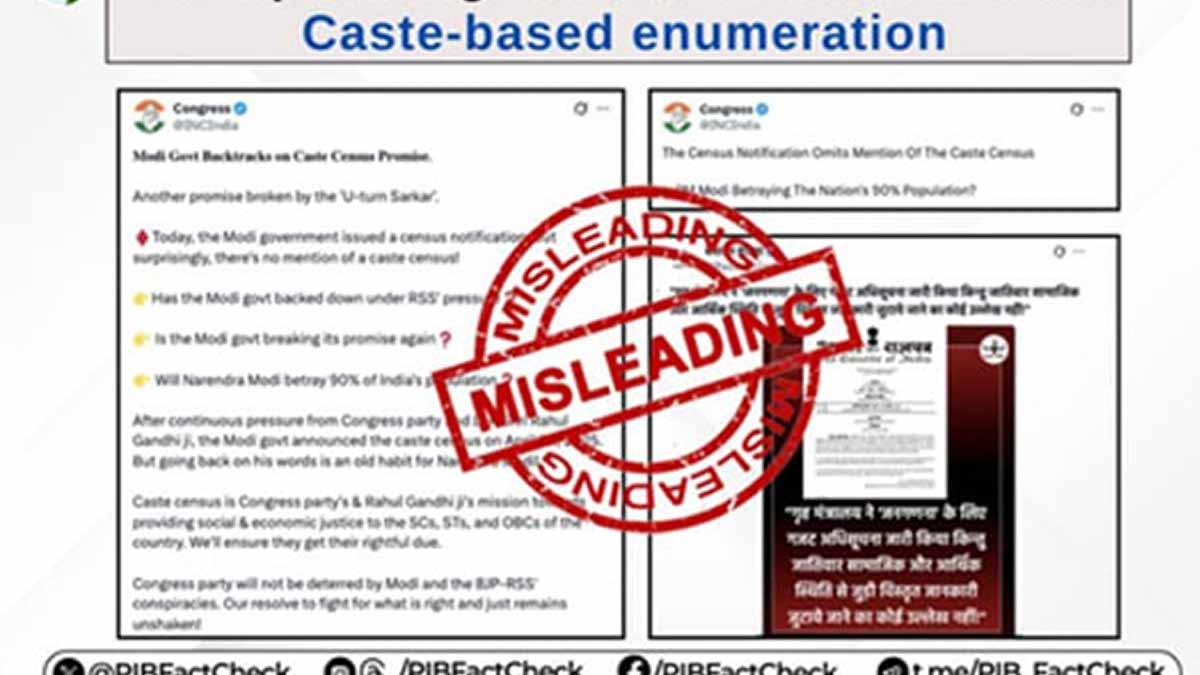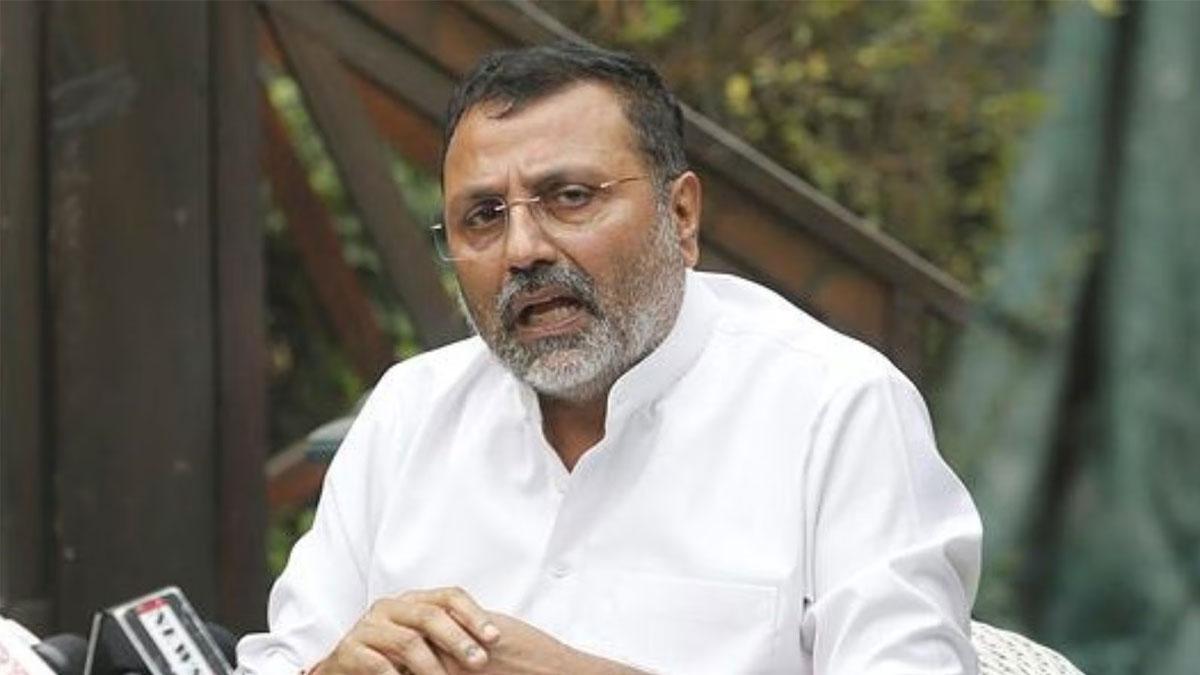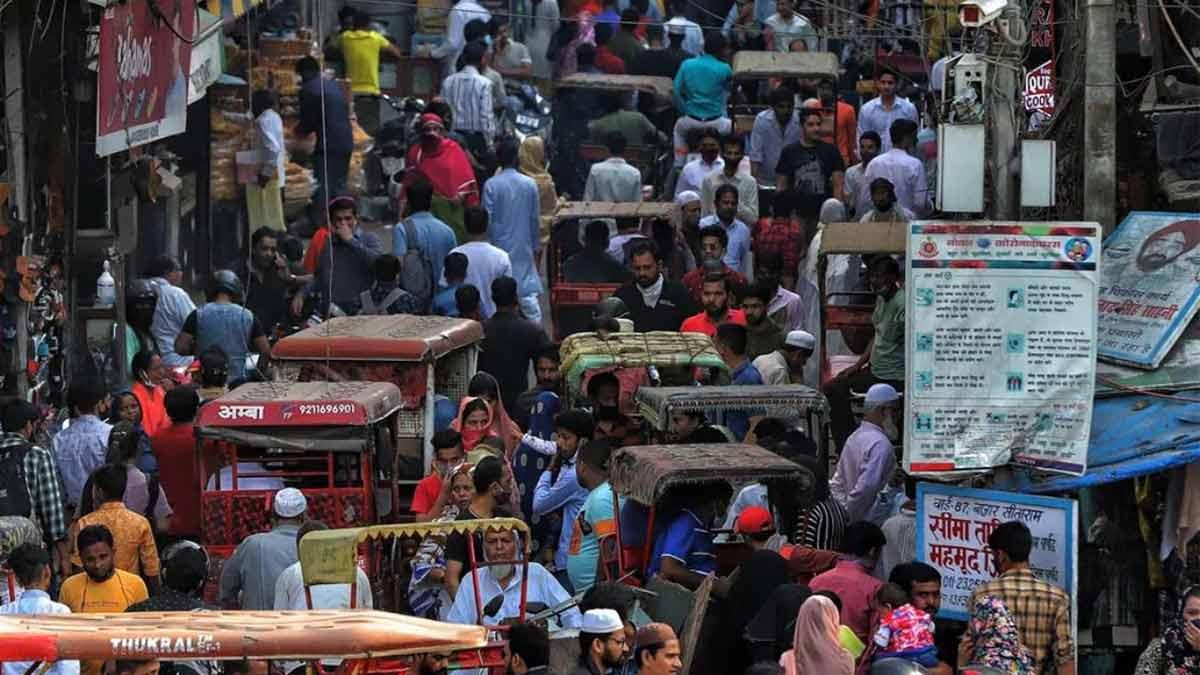Prime Minister Narendra Modi has called the 2002 Godhra train burning a tragedy of "unimaginable magnitude," comparing the outrage it evoked to the international reaction to the 9/11 attacks.
In an interview with US-based podcaster and artificial intelligence researcher Lex Fridman, PM Modi described the profound influence of the incident, during which 59 people, including women and children, were set alight.
He suggested that the subsequent Gujarat riots were partly a response to the charged and inflammatory environment that emerged after the February 27, 2002, tragedy.
"That one ghastly episode in 2002 was the spark which radicalized a few towards violence," he added.
When answering a question about the riots, PM Modi set the events within the broader historical context of worldwide terrorism during those times. He referred to attacks like the hijacking of an airplane at Kandahar, the parliament attack, and 9/11, as marking the sense of increased tension and insecurity prevalent. You can just imagine how critical the situation was when something like that occurred, where so many were killed and burnt alive. It was sad for all. Peace is what one wants," he declared.
Remembering the day he first heard of the Godhra tragedy, PM Modi said, "We were in the Assembly for the budget session. I had just become the state representative when suddenly this terrible thing happened. It was a huge tragedy."
Looking at the larger context which had resulted in communal unrest, PM Modi remarked, "The world had witnessed repeated terrorist strikes in a matter of eight to ten months that resulted in sheer bloodshed and loss of innocent lives. Amidst such charged tension, a spark could also create chaos. And then came October 7, 2001, and I was asked to take responsibility to govern Gujarat as chief minister. It was a humongous challenge."
A few months back, PM Modi appreciated The Sabarmati Report, a movie that captures the incident of the Godhra burning of the train, for "unveiling the truth" of the tragedy.
The movie recounts the horrifying incidents of February 27, 2002, when a mob of attackers started the fire on the S6 carriage of the Sabarmati Express at the Godhra station, one of the darkest moments in contemporary Indian history.
PM Modi Condemns Smear Campaign Over Godhra Riots, Calls Out Lack of Genuine Criticism
Highlighting the indispensable role of genuine criticism in a healthy democracy, Prime Minister Narendra Modi on Sunday warned against contrived narratives of ulterior motives, pointing a finger at his own past over the 2002 Godhra riots.Engaging in a frank interview with US-based podcaster and researcher in artificial intelligence Lex Fridman, PM Modi spoke about attempts to tarnish his reputation post-riots, claiming justice eventually triumphed when the courts cleared his name.
There is a basic distinction between criticism and allegations. A healthy democracy lives on truthful criticism, but unfounded allegations only generate unnecessary disputes," he said.
When Fridman mentioned media criticism of the 2002 Gujarat riots, PM Modi was swift to differentiate between fair criticism and manufactured accusations. He highlighted how a "fake narrative" was created around the event, while Gujarat had experienced more than 250 communal riots prior to 2002. He mentioned that violence was a long-standing feature of the state, not an isolated incident.
Expressing concern about the erosion of substantive political debate, the Prime Minister acknowledged that today's stories are increasingly defined by shortcuts and not by research, analysis, and seeking the truth.
"Individuals do not spend time in serious study and fact-checking. Rather than finding actual faults, they go directly to accusations," he noted.
PM Modi did emphasize the value of constructive criticism, recalling Indian scriptures that teach keeping one's critics close.
A real leader accepts criticism. It is through sincere critique that one learns and rules with increased democratic accountability," he insisted.
Going back to his vision for governance, PM Modi attributed his success to the philosophy of inclusive growth, reiterating commitment to Sabka Saath, Sabka Vikas, Sabka Vishwas, Sabka Prayas—a worldview that focuses on collective growth rather than polarizing politics.
Read also| PM Modi Highlights Upcoming Podcast Release with Lex Fridman
Read also| No religion has such rich tradition of festivals as Sanatan Dharma, Says Yogi Adityanath

